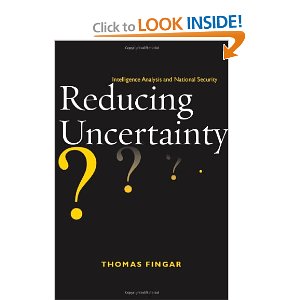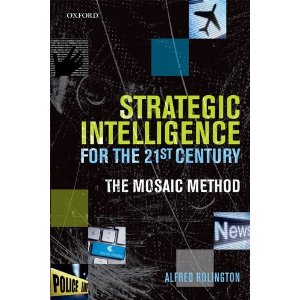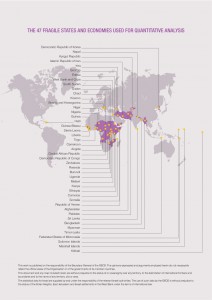
Norbert Haring and Niall Douglas
5.0 out of 5 stars Too costly, consider reading the reviews and Inside the Book, December 21, 2012
Over-priced at $99, this book makes one simple point: economists are the sluts of the social sciences, in the pay of the wealthy, and they have prostituted their profession in the most indecent obscene manner possible. Others have made similar points, what we really have here are two forms of crime — petty crime — economists kneeling for hand-outs — and master crime — financiers looting entire national economies just because they can — because government has no integrity, the media (once capable of investigative journalism) has no integrity, and the academy (economists and everyone else) has no integrity.
There are some excellent reviews of the book outside Amazon, I am stunned to not see any here.
As an alternative to this particular book, excellent as it is, I recommend one DVD and two books:
DVD: Inside Job
The Soul of Capitalism: Opening Paths to a Moral Economy
The Battle for the Soul of Capitalism
William Greider's book makes the telling point that while physical assets have appreciated five times in the past couple of decades, financial derivatives appreciated seventeen times. We now know that Goldman Sachs, Morgan, Citi-Bank, Bank of America, and a whole slew of other banks are guilty of LIBOR rate fixing, global-level fraud and theft, and so on. Yet no one has gone to jail except in Iceland.






